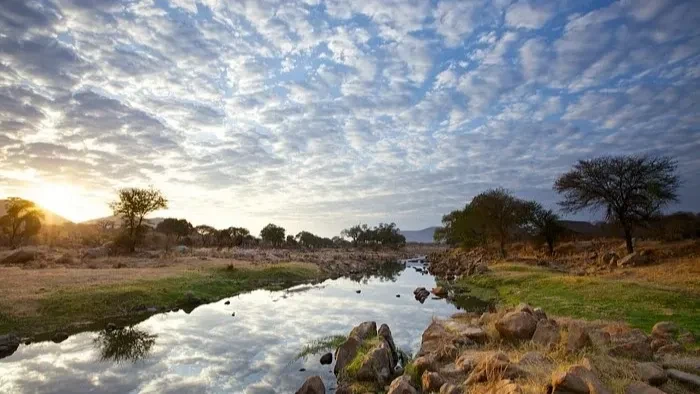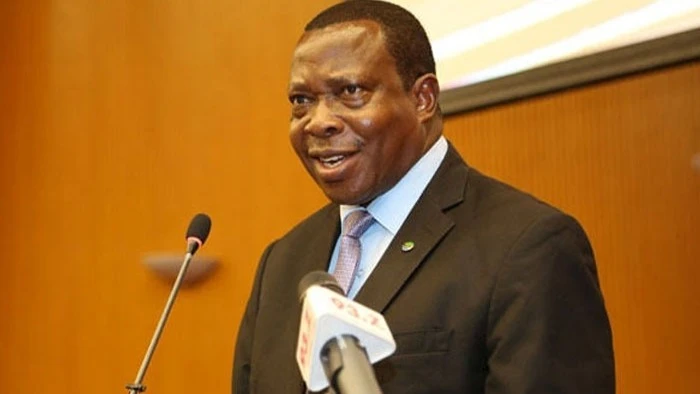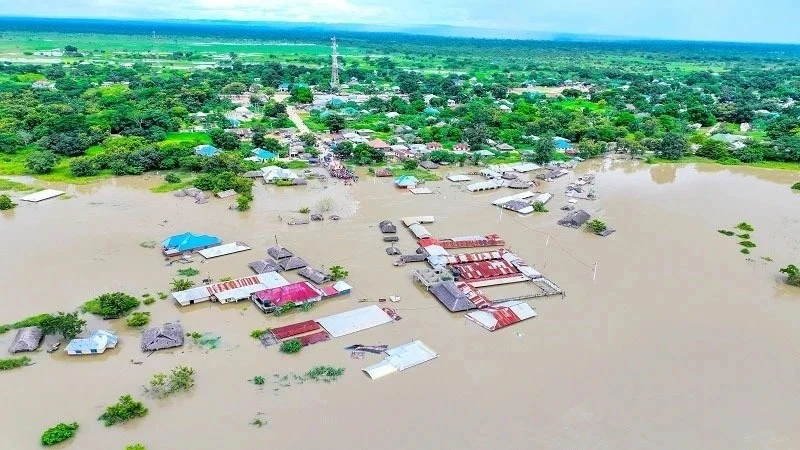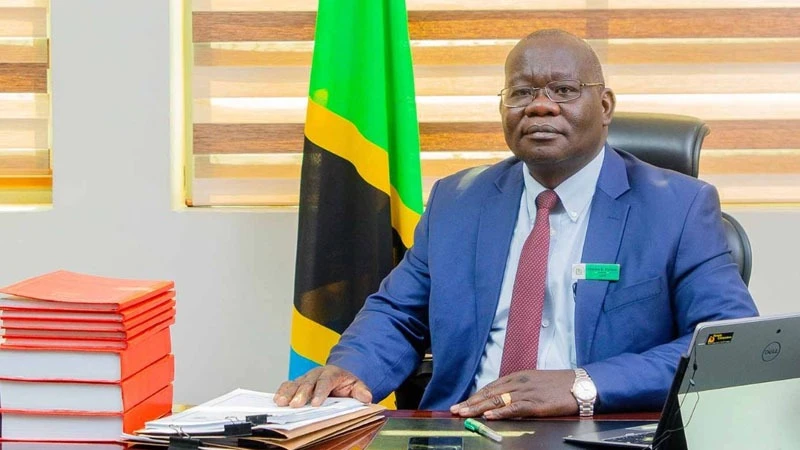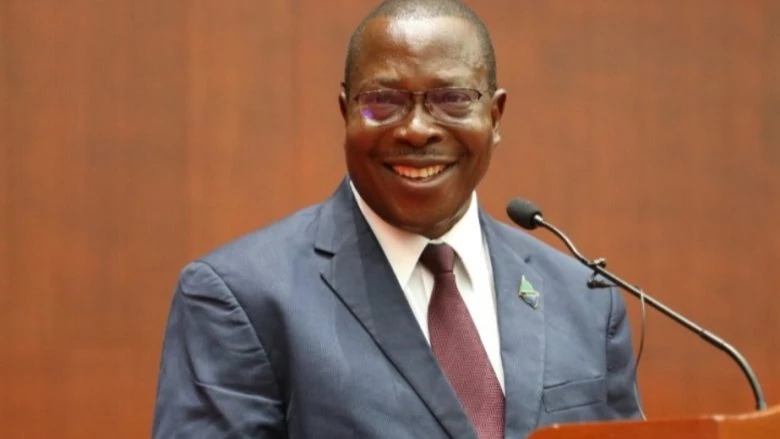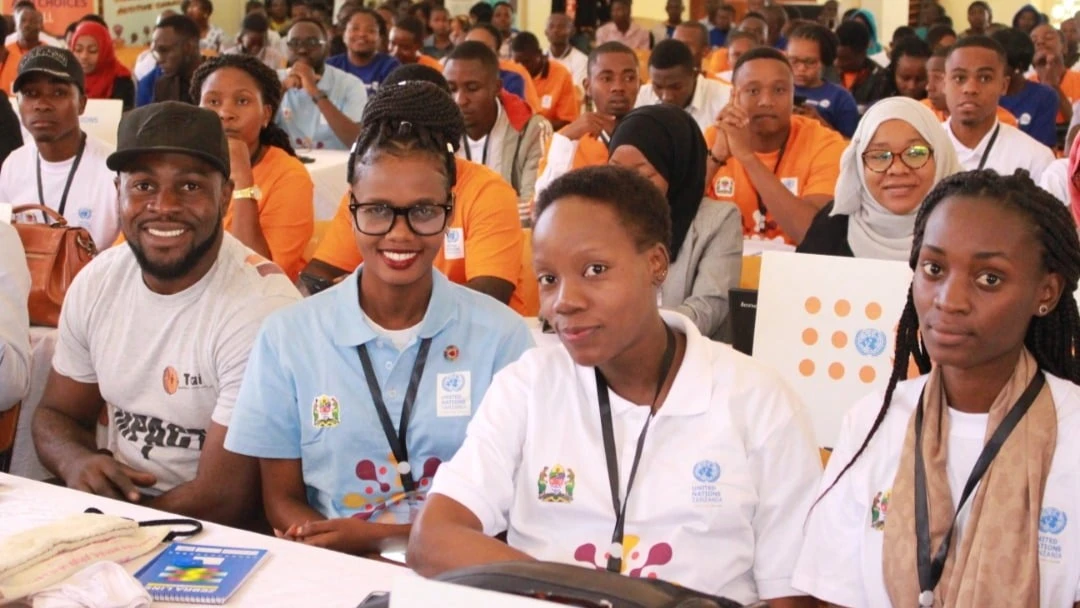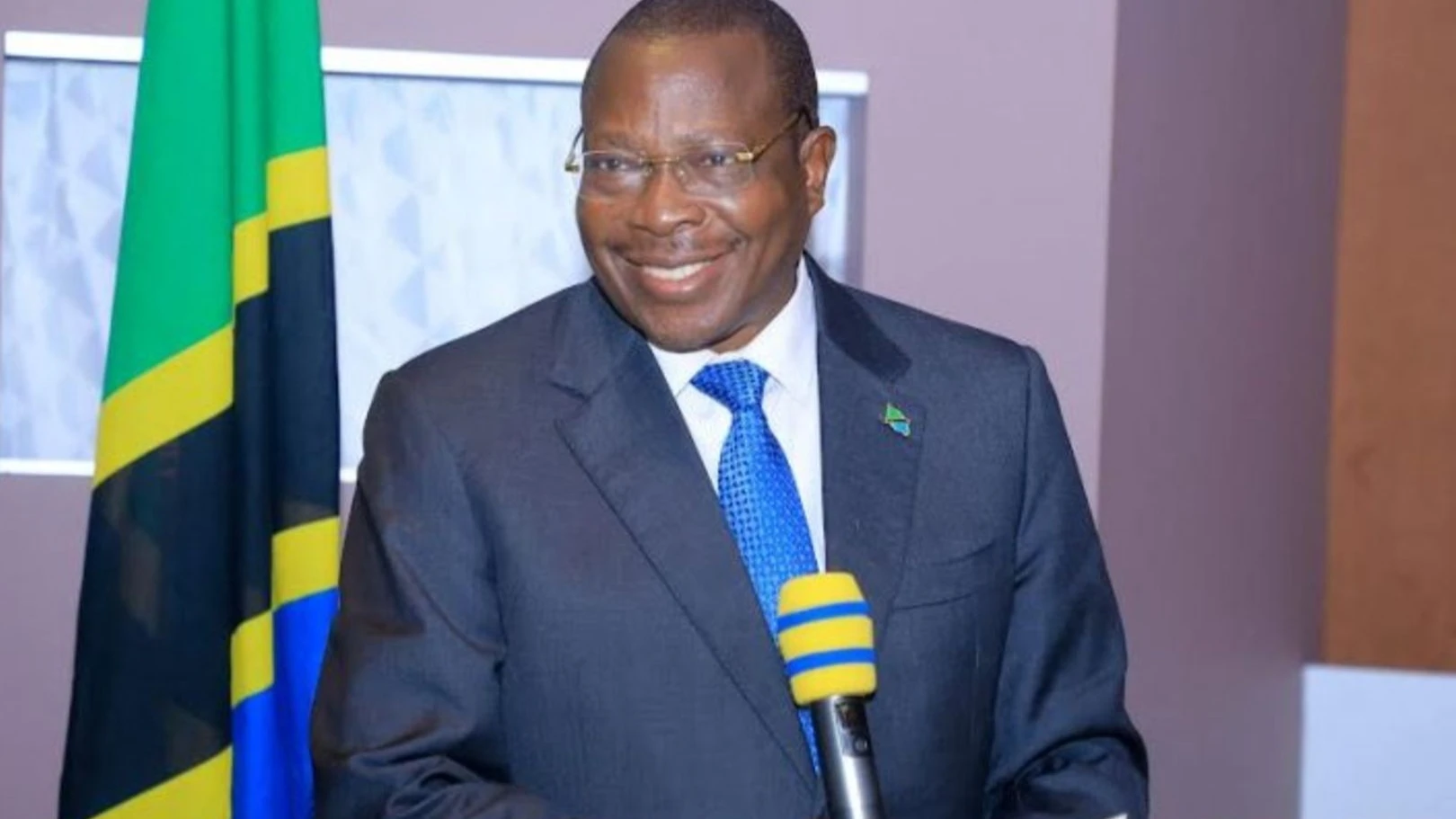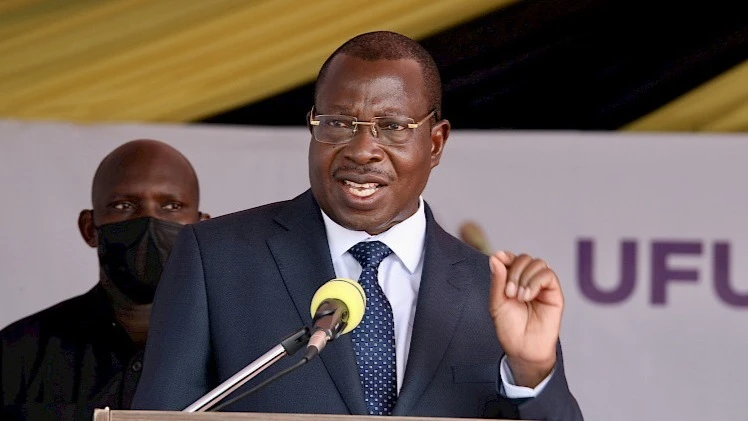Africa Food Systems Forum - 2024 up with radical transformation calls
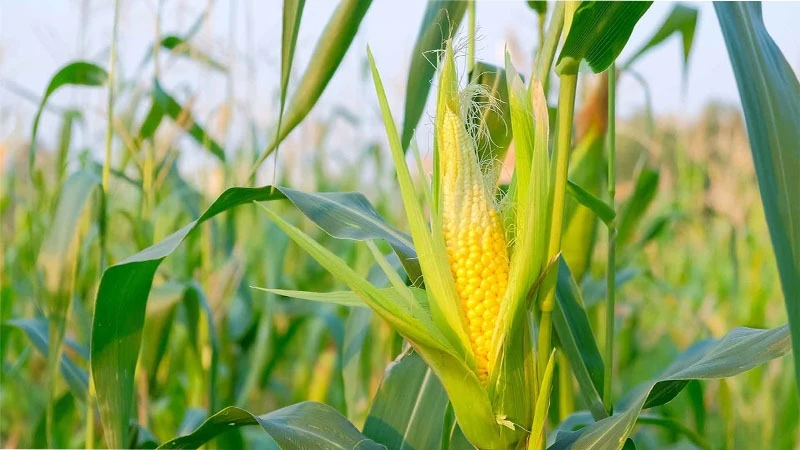
AFRICAN countries, ever cautious about the gaps in agro-sector productivity and its impact on social stability almost everywhere, are readying for another session of exchanging experience and comparing notes.
The idea is chiefly to find out where the emphasis needs to be directed.
Neighbouring Rwanda is gearing up to play host to the Africa Food Systems Forum 2024 summit in September to discuss policy measures capable of ensuring food security across the continent.
As the last summit was held in Dar es Salaam just over six months ago, new experience won’t be radical from what was available then.
That doesn’t mean there won’t be much to preoccupy the usually numerous participants, organised in activist groups of all sorts whose intention is to slug the governments to go in the right direction with regard to the theses or key contentions of each of those groups.
While there is admittedly much in common between and among the various activist groups, their projections or policy designs on the future –with changes or ‘business as usual’ – are by no means identical.
Their counterparts and nemesis, the governments, also have a lot in common in their approaches to the food security issue but, much like the NGOs, they aren’t identical.
The various major groups of NGOs, as there are non-governmental and quasi-governmental types of NGOs, were not identical in their views of the issues in the 2013 summit.
But there must be a way in which each systemic group would take up the data during the year right up to a new summit.
That means that one expects changes in views or general positions here and there, a more vivid recognition of specific policy limitations which would have been peppered over in the past summit, etc.
In the circumstances, there is likely a chance of seeing less resistance to specific reform agenda. There is thus no need to say how things might work out as that is also part of individual and collective reflections.
A top Rwandan government official opened am official palaver on the forum earlier at midweek, calling for transformation of agriculture to make it a more powerful engine of the economy.
Already some decoupling needs to be done as to the relationship between either of these elements and food security, whether it depends on agriculture or it is part of a transformed economy.
In other words, does economic change transform agriculture or is it the contrary, with agro-sector transformation as what enables economic uplift?
The premier forum for African agriculture and food systems is set to host about 5,000 delegates from the food ecosystem.
This will not be just for Africa but across the United Nations institutional network and specialised agencies, global NGOs and a series of ‘quangos’.
Now, quangos (or quasi-NGOs) are semi-public administrative entities outside the civil service that receive financial support from the government, which makes senior appointments to it.
Another strategic point that will receive a fresh layer of point is the idea that to transform the agriculture sector into a powerful engine for economic development, African countries need to embrace innovation and make evidence-based policy decisions.
Some new evidence will be there in September, including data on how far tribal and clan-based agro-sector systems can absorb innovation, as no credit can be backed by clan land.
All these issues will need more than one summit to be handled comprehensively enough.
Top Headlines
© 2024 IPPMEDIA.COM. ALL RIGHTS RESERVED




